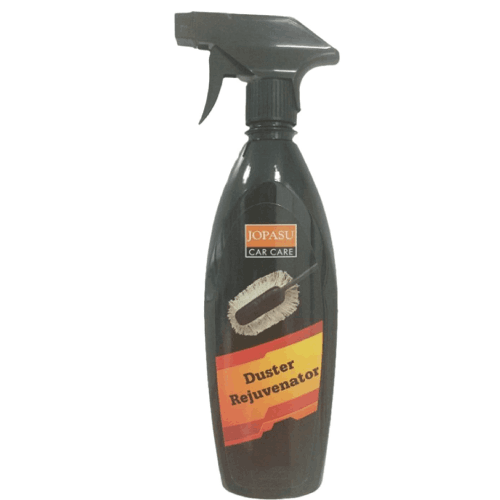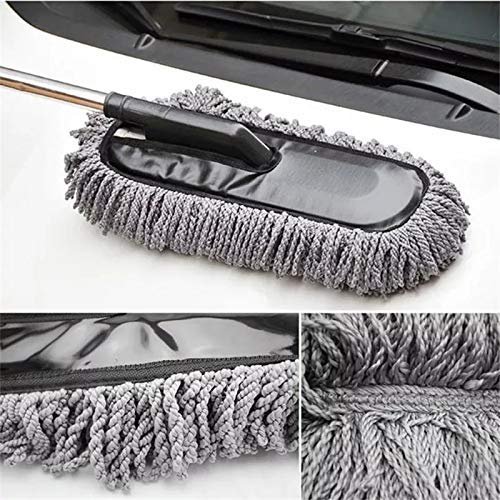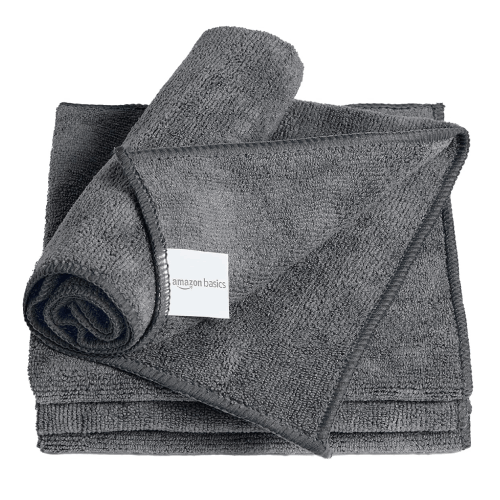Why Microfiber Cloths Are the Ultimate Solution for Car Cleaning
Are you tired of using cotton cloths, newspapers, or even face tissues to clean your car? If so, you’re not alone. Many car owners make do with these common materials, but there’s a better way to achieve a spotless, streak-free shine: Microfiber cloths. These cleaning marvels outperform cotton, newspapers, and tissues in every way, and we’re here to show you why.
Why Choose Microfiber for Cleaning?

Chemical Free Cleaning
Traps dirt, dust, and grease effectively without additional cleaning products.
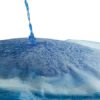
Highly Absorbent
Absorbs up to 7 times its weight in water.
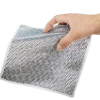
Scratch Free
Gentle on delicate surfaces like glass, mirrors, and electronics.

Eco-Friendly
Long-lasting and reusable, reducing waste.
Microfiber Cleaner Types
| TYPES OF CLEANER | DESIGN/SIZE | GSM RANGE | PRIMARY USE CASE | BENEFITS |
| Short Handle Duster | Short handle with microfiber strands | N/A | Dusting tight spaces, vents, dashboards, and delicate areas | Traps dust, easy to maneuver, prevents scratching |
| 40x40cm Microfiber Cloth | Square cloth, 40x40cm | 150-250 GSM (light), 350-500 GSM (heavy) | Wiping, polishing, drying, and cleaning large or small areas | Versatile, soft texture, streak-free, lint-free, durable |
| Microfiber Gloves | Gloves made of microfiber | N/A | Detailed cleaning, dusting, applying cleaning solutions to surfaces | High precision, flexible, great for detailed work |
Versatile Cleaning for Every Need
Household Cleaning
Perfect for kitchens, bathrooms, and windows.
Automotive Care
Provides streak-free cleaning for car interiors and exteriors.
Industrial Use
Effective for cleaning machinery and delicate equipment.
Electronics
Safely removes dust from screens, lenses, and keyboards.
Microfiber vs. Cotton
When it comes to cleaning car interiors and exteriors, microfiber cloths are simply unmatched compared to cotton cloths. Cotton may seem soft and absorbent, but it lacks the precision and efficiency of microfiber.
- Absorbency: Microfiber can absorb up to eight times its weight in liquid, whereas cotton can only handle about one to one and a half times its weight.
- Cleaning Power: Microfiber’s dense fibers are designed to trap dirt and dust particles. Unlike cotton, which can leave behind lint and streaks, microfiber provides a smudge-free finish.
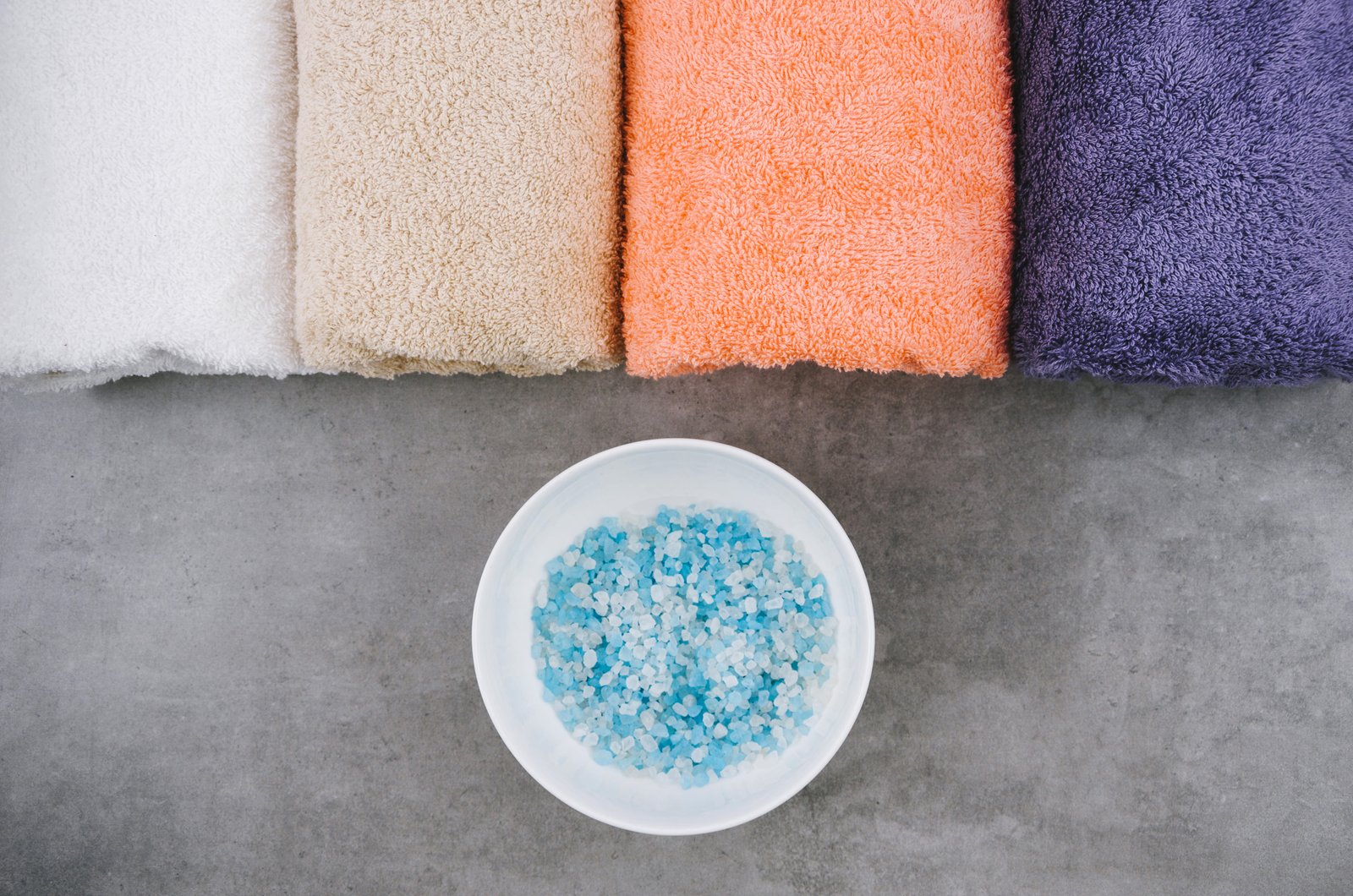






How to Use
Microfiber cleaning products for Dry Cleaning / Dusting ?
How to Use Microfiber Cloths
- Use dry for dusting and polishing.
- Use damp for cleaning surfaces like glass and counters.
- Rinse thoroughly after use and wash without fabric softener to maintain effectiveness.
The Best Microfiber Cloths on the Market
- Superior quality with maximum fiber density.
- Wide range of sizes and colors.
- Affordable prices and fast shipping.
FAQs
Microfiber cloths are made from a blend of polyester and polyamide (nylon) fibers, which are split into ultra-fine strands. These strands are much finer than human hair, making them highly effective for cleaning and trapping dirt.
Microfiber cloths have a unique ability to attract and hold dirt, dust, and moisture without the need for harsh chemicals. Their tiny fibers can reach into microscopic crevices, providing a deeper clean compared to traditional cloths.
Yes, microfiber cloths are safe for most surfaces, including glass, wood, stainless steel, and electronics. They are gentle and non-abrasive, making them ideal for delicate items like screens and lenses.
Not necessarily. Microfiber cloths are effective with just water for most cleaning tasks. However, you can pair them with mild cleaners for stubborn dirt or grease.
Yes, microfiber cloths can be machine washed. Use a gentle cycle and avoid washing them with lint-producing fabrics like towels to maintain their effectiveness.
With proper care, microfiber cloths can last for hundreds of washes. Regular maintenance helps retain their cleaning power over time.
Yes, microfiber cloths can be dried in a dryer on a low heat setting. High heat can damage the fibers, so avoid high-temperature drying.
No, microfiber cloths are designed to be soft and gentle. They won’t scratch surfaces as long as they are clean and free from debris that could cause damage.
